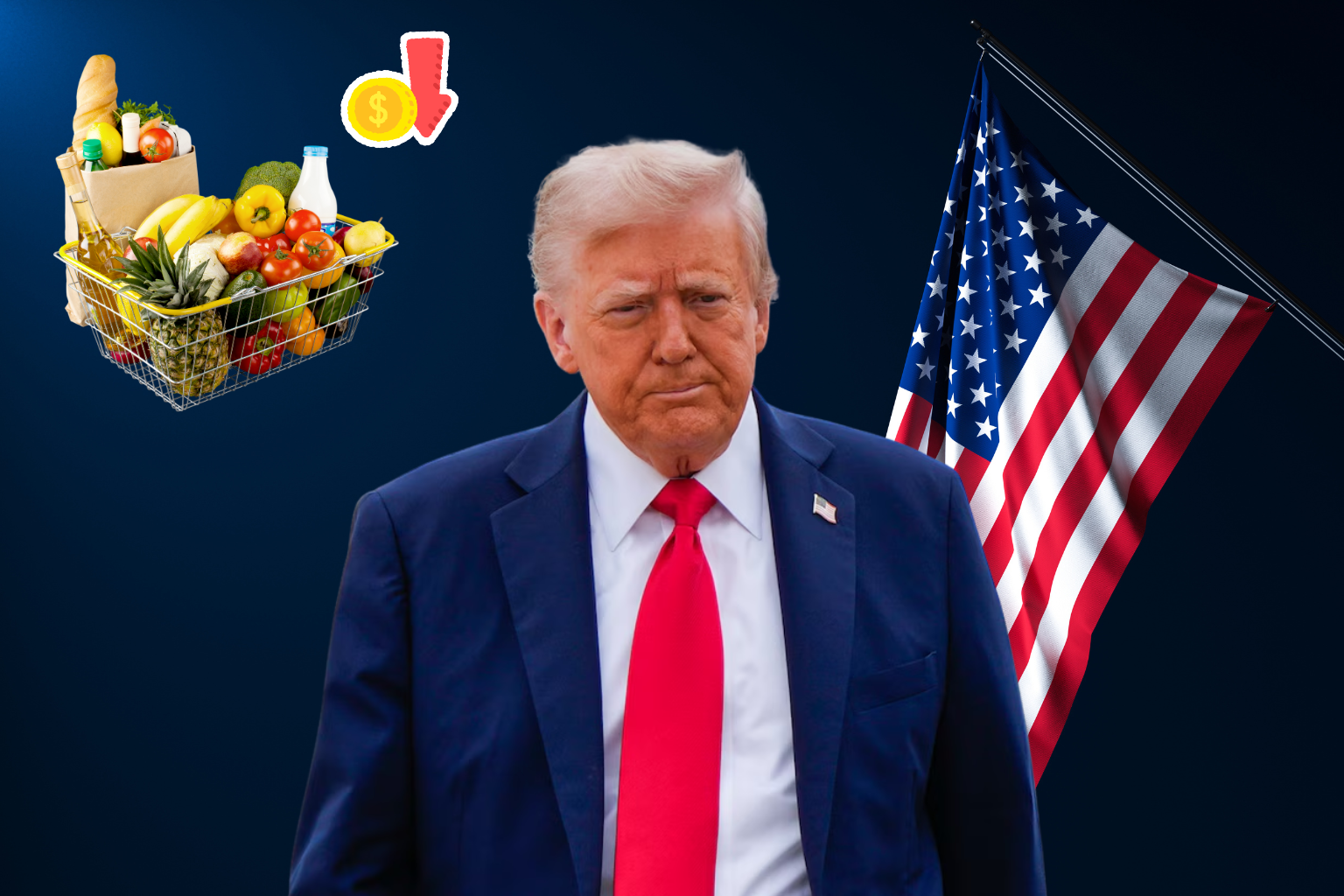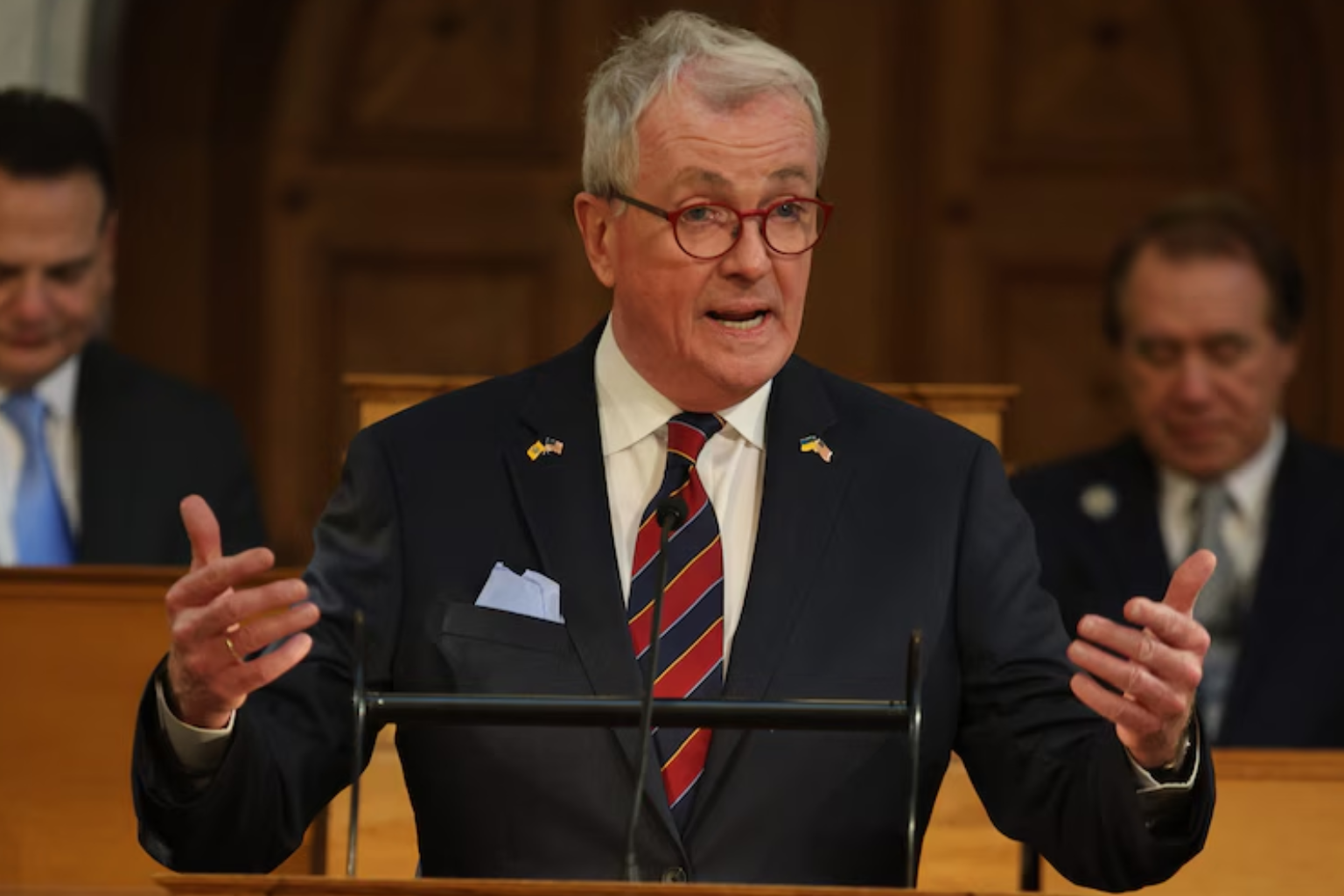Trump’s Claim on Falling Grocery Prices Sparks Debate Among Americans

News broke after former President Donald Trump’s UNGA remarks regarding lowering retail costs. Many Americans’ retail experiences contradict this claim. Rising food costs still hurt most Americans, according to the Harris Poll for Axios, showing the divide between political speech and public perception.
The study found that nearly half of Americans say groceries cost higher than last year. Only 19% said food prices are cheaper, while 34% said they’ve stayed the same. Political groups vary more. Independents at 54% said food cost more than Democrats at 50% and Republicans at 34%. Republicans were more divided, with 28% saying food is cheaper and 37% saying it’s the same as last year.
The survey illustrates Americans’ views on presidential economic power beyond prices. About 80% of respondents say the president controls economic trends, but less than half think the current government has benefited. This attitude may affect 2026 midterm inflation and family expense debates. Fewer respondents believe tariffs have improved the economy, and nearly two-thirds fear Trump’s trade policies would cause supply shortages.
Rising basic food costs escalate conflict. The poll found that egg sales rose 11%, ground beef 13%, and coffee 20% in the past year. After the 2021–2022 price hikes, supermarket costs rose over 30%, pinching consumers. The BLS reported 3.2 percent food price increases between August 2024 and 2025.
These figures reveal how political discourse and family life differ nationwide. Trump’s comments aim to boost the economy, but statistics and public perception show grocery prices remain high. Food prices, economic policy, and presidential power will dominate the next election.
Sources
Axios survey by The Harris Poll
U.S. Bureau of Labor Statistics




